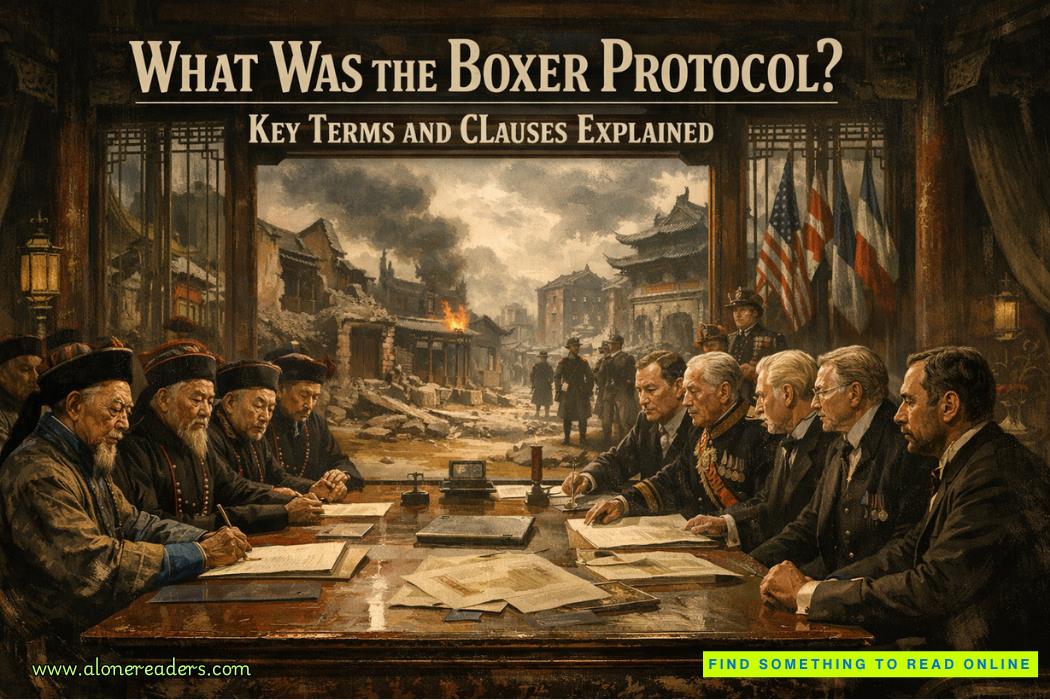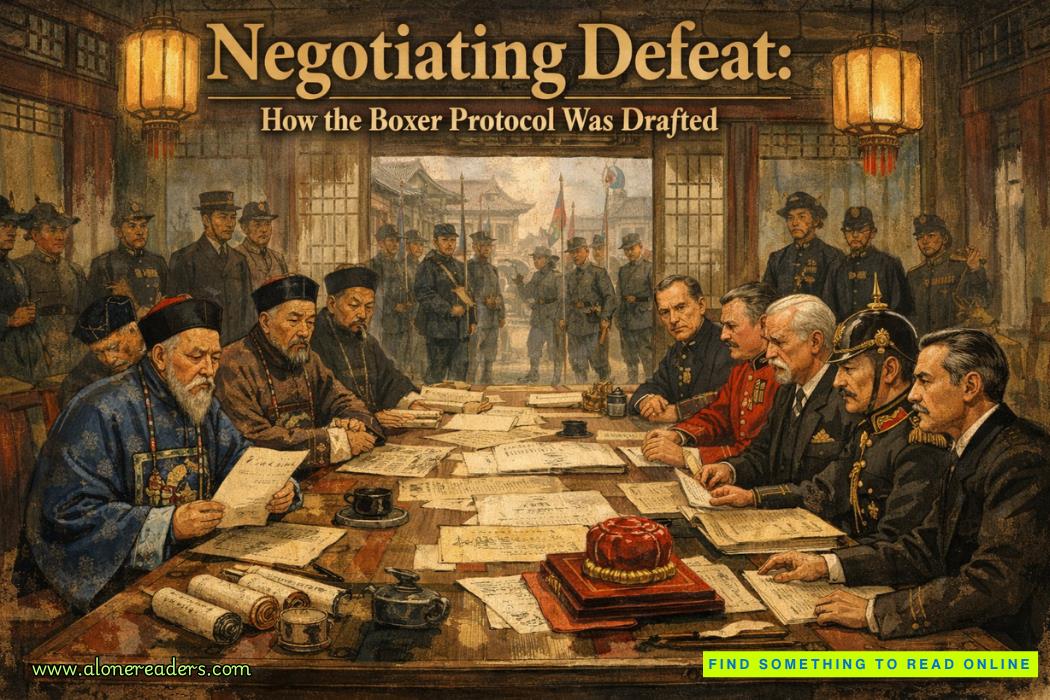Spencer looked at her, mouthing,Henry—all right?
She half-shrugged, half-nodded helplessly, and Spencer went to the door, unlocked it, and pulled it wide.
At the threshold of the library stood a neat, serious-faced man of about Spencer’s age, his arm locked tight around a plump redhead who could only be one of Spencer’s sisters. There was a delighted grin on her freckled face—Winnie had seen Spencer make that same expression, when he was most pleased and not afraid to show it.
“Spence!” the woman said, hurling herself at her older brother. Her beaded reticule whacked him in the side. “You’re back! We’re back!”
He embraced her, their gingery heads bent together. Winnie felt her heart squeeze at the sight—all that open-hearted affection. The ease between them.
“Margo,” Spencer said. “God, it’s good to see you.”
He pulled back from her embrace and directed his glance at the grim-looking man who still stood in the threshold.
Henry Mortimer, Winnie supposed this was—Spencer’s solicitor and his closest friend. He looked like a man facing the gallows.
“Congratulations,” Spencer said. “Mr. and Mrs. Mortimer, is it?”
“Spencer,” Henry said. His voice came out a croak, and he cleared his throat. “I apologize most profoundly for not—ah—declaring my intentions toward Margo sooner.”
“Henry,” Spencer said, “do not be an idiot.”
Henry closed his mouth.
Margo laughed. “I told you,” she said to the room at large. “Didn’t I tell you? Everything would come right.”
“I wish I had been there for your wedding,” Spencer said. “I ought to have been there. But I don’t blame you—either of you—for the hastiness of your marriage. When you have a chance at happiness, you hold onto it. You don’t dither about and let it slip away.”
“I have learned that,” Henry said fervently. His gaze had moved to Margo, sweet-faced and rosy. “I had never thought to have such happiness. I never once believed that I—that Margo—” He dragged his gaze away from his wife and looked again at Spencer. “Well. That is why I didn’t say anything.”
“I’m glad for you.” Spencer’s voice had gone thick with emotion. “I’m so glad that you have each other.”
Henry appeared to have half-collapsed against the doorframe in relief. And Spencer…
Winnie could not entirely make out his expression. There was welcome in it and pleasure in the comfort of family around him. And yet she could pick out an edge of uncertainty in his face as well. As though his life had been rearranged, and he was not quite sure where he fit any longer.
Margo, meanwhile, was casting curious glances at Winnie.
At her disheveled hair and her missing shoes, no doubt.
“Good afternoon,” Margo said. “You must be Mrs. Halifax. Henry has had word of you from my brother.”
“Yes,” Winnie said. She felt heat in her face and could do nothing about it. “My felicitations on your marriage.”
Spencer stepped up beside Winnie and rested a hand on her shoulder. She wanted to wince, to cringe away—she knew how it must look, his clothes disordered and her shoes vanished into the ether.
It was stupid. She was a complete and utter nodcock, she knew, for although she reminded herself—daily, hourly, sometimes by the minute—that none of this was permanent, she still did not want Spencer’s family to think ill of her.
“This is Winnie,” Spencer said.
“When we came into the house,” Margo said cautiously, “Fairhope told us that you were in the library together. Lord and Lady Warren, he said. It made me wonder if circumstances had, er, changed? Since the letter Spencer wrote three weeks ago?”
Winnie’s heart made a funny revolution in her chest.
Everything had changed between them. Everything—and nothing at all.
“I am not Lady Warren,” she said. “I have no wish to deceive you—to deceive any of you. The truth is that your brother has sacrificed a great deal to help me right an old wrong.”
“Win.” Spencer’s fingers brushed hers where they had tangled in a lock of her hair. “You don’t have to do this. We don’t need to tell them.”















